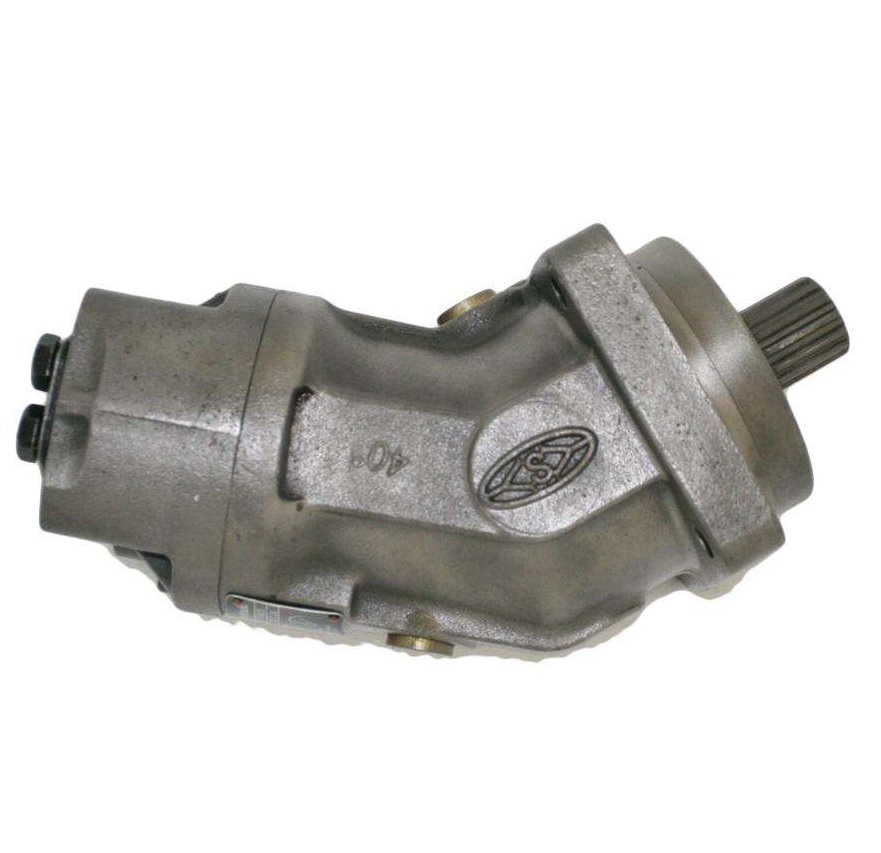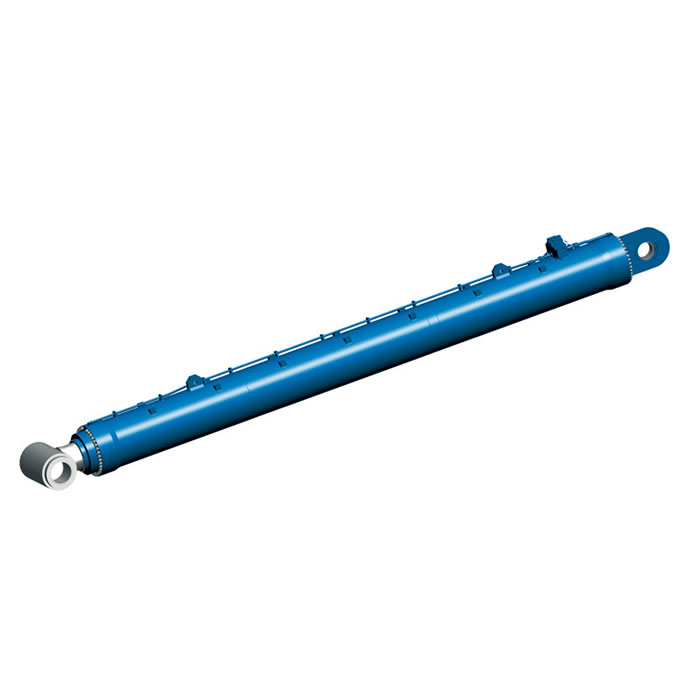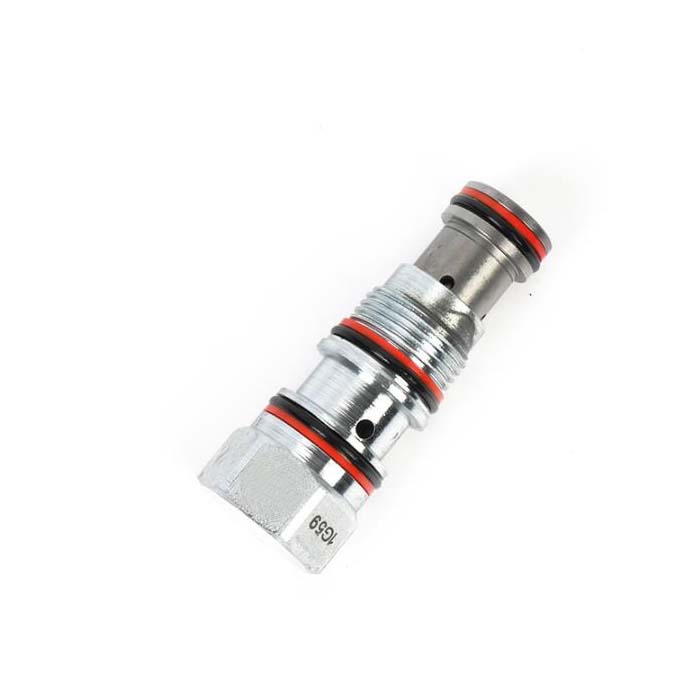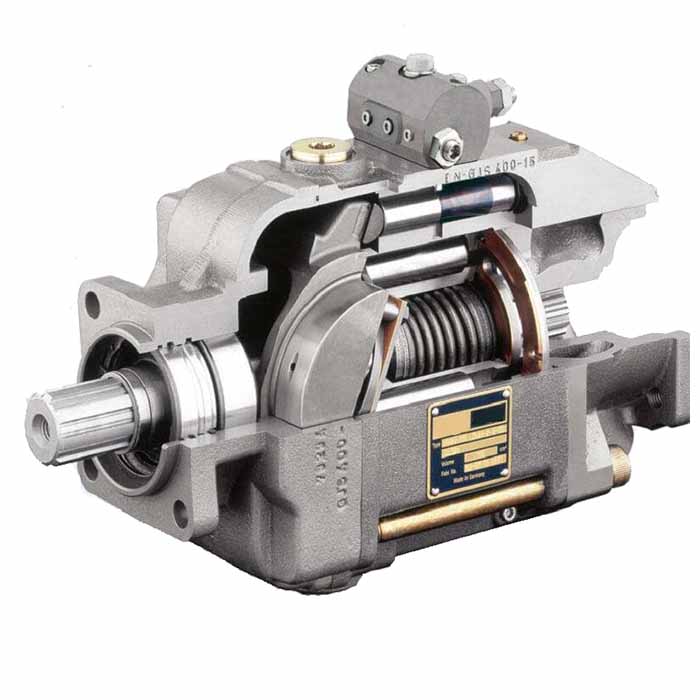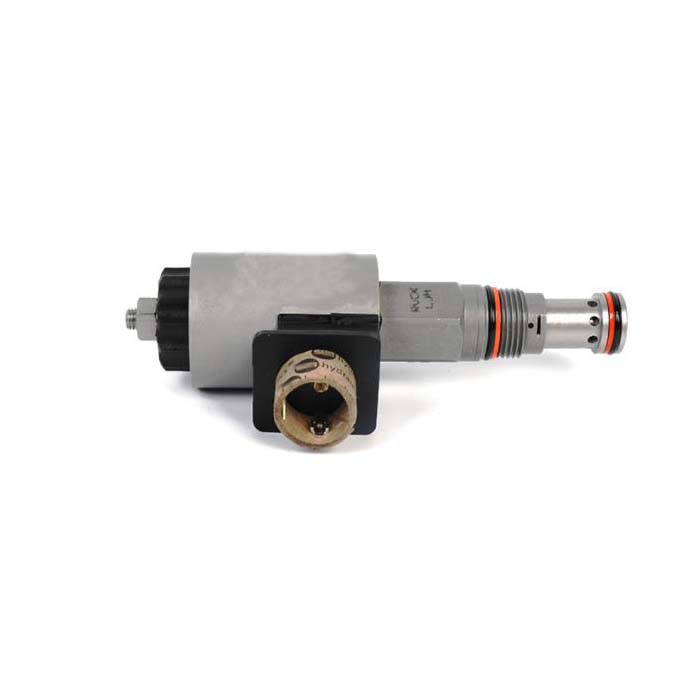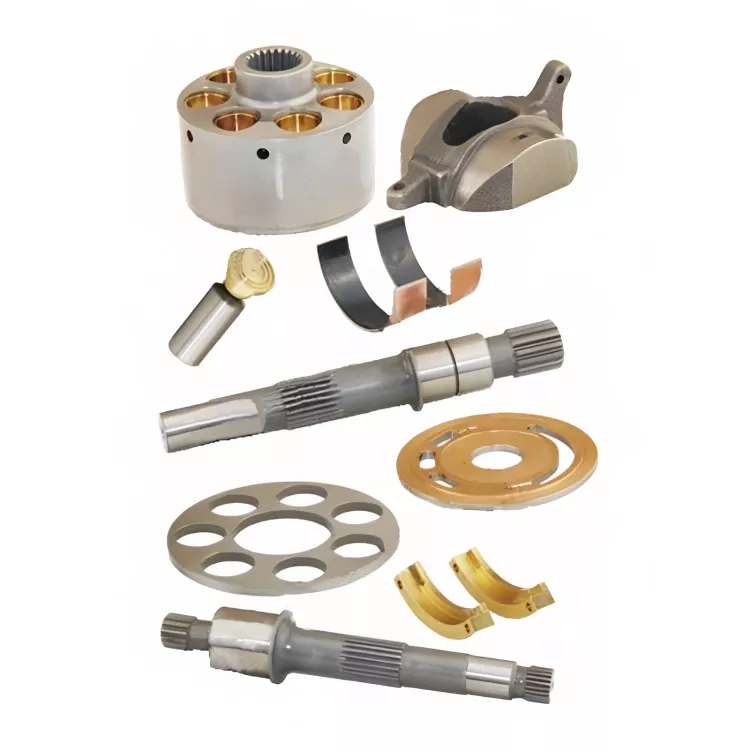The Role of Nitrogen in Hydraulic accumulator
Nitrogen plays a crucial role in the Hydraulic System,
as it can maintain internal pressure stability of the hydraulic oil inside the accumulator during operation.
It can also reduce the compression and wear of the oil seal caused by the hydraulic oil in the hydraulic system,
thereby improving the service life of the oil seal.
This article will deeply discuss the reasons why nitrogen is widely used in Hydraulic accumulator.
This pressure-regulating feature is of paramount importance in maintaining the stability of hydraulic systems
and averting potential damages to components or safety risks associated with excessive pressure fluctuations.
Moreover, nitrogen exhibits inert and non-reactive characteristics,
mitigating the potential hazards of combustion or chemical reactions with hydraulic oil,
thus bolstering overall safety measures.
Safety and Stability:
Nitrogen plays a dual role in hydraulic accumulators,
functioning as both an energy storage medium and a pressure control mechanism to ensure system stability.
Its ability to act as a buffer enables it to absorb pressure fluctuations resulting from variations
in hydraulic pump flow or abrupt changes in fluid requirements.
Nitrogen Compounds and Nitrogen Cycle:
Although nitrogen (N2) is the most abundant element in Earth's atmosphere,
it exists in the form of diatomic molecules. However, through processes like the nitrogen cycle,
nitrogen can be converted into various nitrogen compounds, such as ammonia (NH3).
While nitrogen compounds may not directly participate in hydraulic accumulators,
understanding their role in natural systems can highlight the versatility and importance of nitrogen in different environments.
The nitrogen cycle converts atmospheric nitrogen into forms that are usable by organisms,
showcasing the vital role of nitrogen in sustaining life on Earth.
Energy Storage and Pressure Regulation:
One of the primary purposes for incorporating nitrogen within hydraulic accumulators is its efficient energy storage capability.
These devices maintain pressurized hydraulic oil and exploit compressed nitrogen
to accumulate potential energy which can be harnessed at a later stage.
Nitrogen's elevated boiling point enables it to retain its gaseous state even under regular operating conditions,
while its robust capacity to withstand high pressures makes it well-suited for this application.
Once hydraulic power demands arise,
the pressurized fluid is gradually released,
facilitating the conversion of the accumulated potential energy into kinetic energy,
thereby propelling actuators or performing mechanical work.
This efficient utilization of nitrogen in hydraulic accumulators ensures optimal energy storage
and subsequent release for enhanced system performance.

